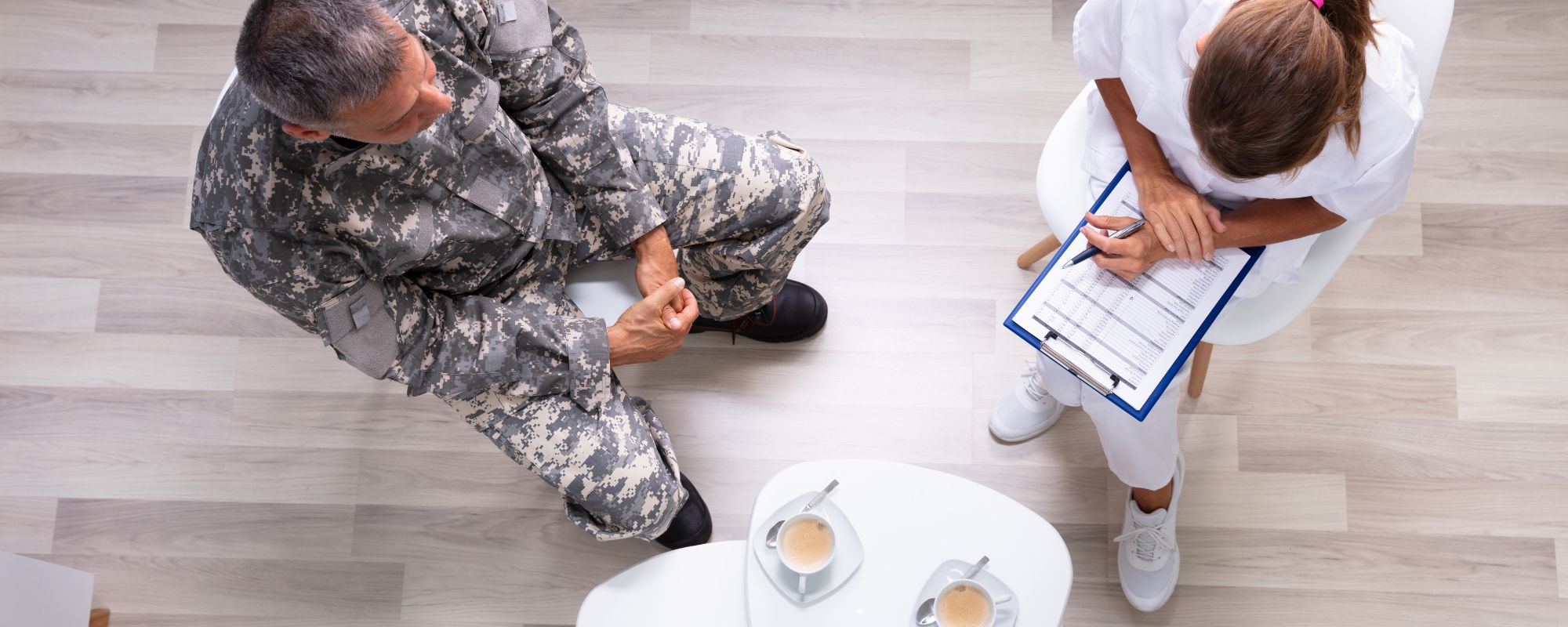“According to the latest Census in 2015, the United States has a total population of 321 million people. In the same year, 57 million prescriptions for gabapentin were written” (American Addiction Centers).
What is Gabapentin?
Gabapentin, also known by its’ most common brand name Neurontin, is a prescription medication used to treat seizures and nerve pain. Gabapentin reduces convulsions and neuropathic pain. Gabapentin is primarily prescribed to people who suffer from epilepsy. Other conditions that gabapentin is approved to treat partial seizures, postherpetic neuralgia, and restless leg syndrome (in its extended release formula Horizant). Other brand names for gabapentin include Gralise and Horizant.
Gabapentin is available in a few forms, including: capsule, tablet, solution, or suspension. All forms of gabapentin require a doctor’s prescription.
Side Effects of Gabapentin
Short Term:
- blurred vision
- cold or flu-like symptoms
- delusions
- hoarseness in the vocal chords
- lack or loss of strength
- pain in the lower back or side
- swelling of the hands, feet, or lower legs
- trembling or shaking
- jerky movements
- double vision
- unusual eye movements
- fever
Short term side effects that are considered to be an emergency, and require immediate medical attention include: viral infections, panic attacks, violent behavior, and suicidal thoughts (Delphi Health Group).
Long Term:
- dementia
- memory loss
- respiratory failure
- weakened muscles
- aggression
- suicidal thoughts
- for those with preexisting kidney disease, gabapentin can cause potentially fatal toxicity
- insomnia
- anger
- hyperactivity
- trouble concentrating
- worsened mental health disorder(s)
- emotional and behavioral changes
- allergic reactions— can be severe or even fatal (i.e. skin rashes, hives, swollen glands, lips, and tongue, unusual bruising and bleeding, and unexpected muscle pain)
(Delphi Health Group).
Adverse and More Rare Side Effects of Gabapentin
- back-and-forth or rolling eye movements
- persistent unsteadiness/clumsiness
- a feeling of warmth or heat
- a runny nose/sneezing
- accidental injury
- an earache
- back pain
- bloating
- body aches or pain
- breath that smells fruity
- burning, dry, or itchy eyes
- changes in vision/impaired vision
- congestion
- indigestion/constipation
- coughing that produces mucus
- decreased sexual desire or ability
- difficulty breathing
- difficulty swallowing
- dry skin
- dry mouth or throat
- ringing in your ears
- excess air or gas in the stomach or intestines
- excessive tearing of the eyes
- eye discharge
- feeling faint, dizzy, or lightheaded
- flushing or redness of the skin, especially on the face or neck
- frequent urination
- higher sensitivity to pain and touch
- pain, redness, rash, swelling, or bleeding in areas where skin rubs
- redness or swelling in the ear
- sleep problems
- sweating
- tender or swollen glands in the neck
- tightness in the chest
- tingling in the hands and feet
- trouble processing thoughts
- twitching
- unexplained weight loss
- voice changes
- vomiting
(Gal).
These adverse and more rare side effects mentioned above require medical attention. If you notice any of these side effects after taking gabapentin, please visit your nearest hospital, doctor’s office or medical professional.
Gabapentin in the Treatment Setting
Gabapentin in the addiction treatment setting may be prescribed to guests during their stay at a medical detox facility. Gabapentin is commonly used in medication-assisted detox cases when guests are detoxing from substances like benzodiazepines or alcohol, because the withdrawal symptoms of these substances can include seizures. Gabapentin can also prove useful for opioid dependency in medical detox settings, as the medication can treat nerve pain and restless legs— two main physical symptoms of opioid withdrawal.
Why Is Gabapentin on the Radar?
“In recent years, gabapentin has been prescribed for off-label conditions (reasons it wasn’t intended) up to 83 percent of the time” (American Addiction Centers). Because of the increased volume in prescriptions for gabapentin, coupled with 83% of prescriptions written for people who do not have a condition that gabapentin is meant to treat, this prescription medication has been on the radar for medical professionals, and those of us in the field of addiction treatment. The way gabapentin works is still fairly unknown; what we do know about gabapentin is that it seems to prevent an increased sensitivity to pain, and also effects the calcium levels in the body.
What If I Am Prescribed Gabapentin for a Legitimate Condition?
If you have been prescribed gabapentin by a doctor that you trust, and the medication is helping a legitimate condition, “it is crucial that patients follow the right dosage guidelines and always keep their doctor updated” (Delphi Health Group). The choice to take a medication should be made by you and your doctor, we encourage you to gather all of the information you can about the medication prior to accepting a prescription for that medication.
Can I Take Gabapentin if I’m in Addiction Recovery?
Like we mentioned above, if gabapentin is a necessary medication for you, and is being used to treat a condition properly and effectively, that decision is— as always- between you and your doctor. If you have a condition that is treated by or depends on gabapentin, no one except yourself and medical professionals can decide whether or not you should take gabapentin.
Because gabapentin holds a high risk of abuse and overdose, it is best to stay away from this prescription medication if you are someone who is in recovery for addiction. Despite gabapentin not be classified as a controlled substance in the U.S., the medication has several properties that mimic abused substances that are considered to be controlled substances. In addition, you can experience withdrawal symptoms if you stop taking gabapentin. If you do not need gabapentin to treat a condition like epilepsy, shingles, or extreme nerve pain, it is best to stay away from the prescription medication altogether.
Gabapentin Withdrawal Symptoms
If you are taking gabapentin for epilepsy, you should never stop taking gabapentin suddenly. Rapidly discontinuing your use of gabapentin, if you take the medication for seizures, could result in rebound seizures or more frequent seizures. If you stop taking gabapentin suddenly for your epilepsy, it could cause a condition called status epilepticus. Status epilepticus is a condition in which you experience continuous and uncontrollable seizures.
If you are trying to come off of gabapentin, you absolutely need to work with a medical professional to safely and effectively stop the medication— usually this will involve a plan where you slowly taper down your dosage until you reach a level where you can safely stop taking any dose. Royal Life Centers has medical detox facilities specifically to help you rid your body of substances safely, effectively, and comfortably. An experienced medical detox program like ours will focus on treating your withdrawal symptoms, stabilization, and beginning the therapeutic work of recovery.
Withdrawal symptoms usually begin 12 hours after your last dose, and can last up to ten days after the last dose. Withdrawal can be more severe if other substances have been abused alongside gabapentin. Factors that effect the withdrawal process from gabapentin include: age, dosage, frequency of use, length of time substance was taken, medical history (including mental health problems), and other substances abused concurrently. Withdrawal symptoms are not only reserved for those who abuse gabapentin, they also apply to anyone who has been taking the medication as prescribed for a long period of time, or has been taking a large dose for about three weeks or longer.
Other common withdrawal symptoms for gabapentin include:
- sweating
- headaches
- dizziness
- nausea
- anxiety
- insomnia
- agitation
- fatigue
- restlessness
- irritability
- sensitivity to light
- irregular heartbeat
- pain
Reach Out
If you or someone you know is struggling with an addiction or substance abuse, please reach out to us at (877)-RECOVERY or (888) 534-9140. Our team of addiction specialists make themselves available to take your call 24 hours a day, 7 days a week. Because We Care.
References:
American Addiction Centers. “Gabapentin: A New Drug of Abuse for People in Treatment?” DrugAbuse, Recovery Brands, LLC., 11 May 2017, drugabuse.com/gabapentin-a-new-drug-of-abuse-for-people-in-treatment/
Delphi Health Group. “Side Effects of Gabapentin: Long-Term And Short-Term Dangers.” Addiction Resource, Addiction Resource, addictionresource.com/drugs/gabapentin/side-effects/
Gal, Kat. “Gabapentin: Common, Long-Term, and Rare Side Effects.” Medical News Today, MediLexicon International, www.medicalnewstoday.com/articles/323753.php












